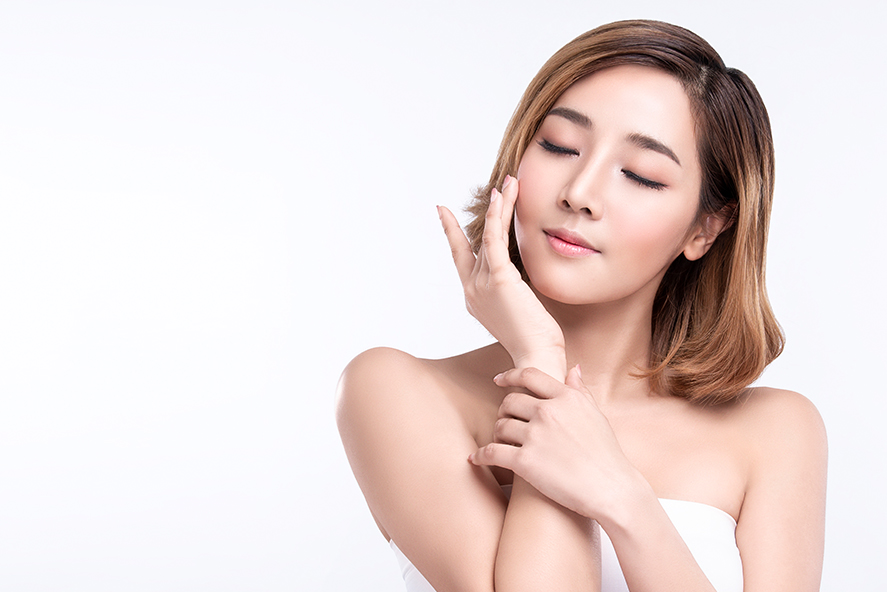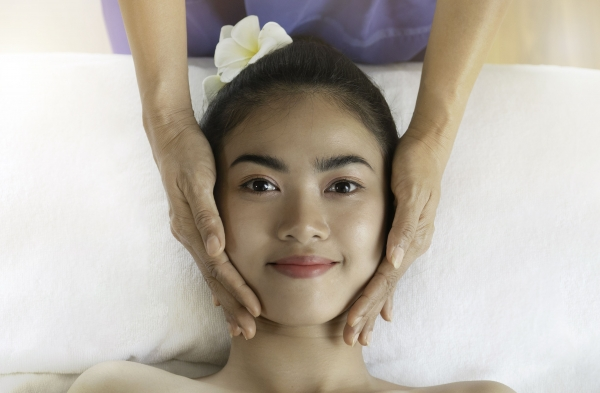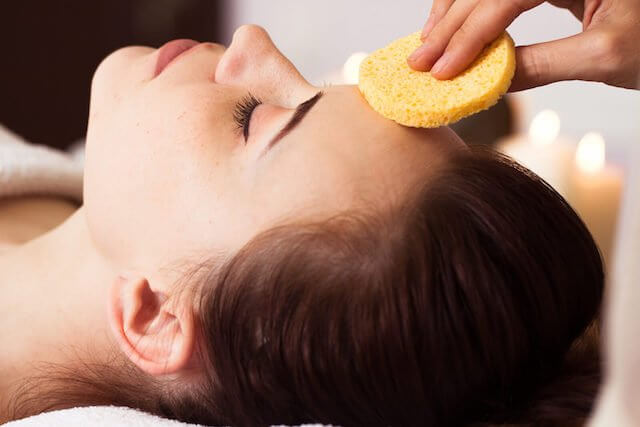5 Different Skin Types: Which One Are You

There are so many products on the market that target oily skin, dry skin, or sensitive skin but how can you figure out which type of skin you have?
Without a skin consultation or facial treatment, most people are wrong when they guess their skin type. They are most wrong about whether they are oily or dry and if they have sensitive skin. Guessing is not really something that is reliable as it could bring more unwanted damage to your skin. It can be especially tricky to figure out your true skin type because it can change over time and can be affected by climate, hormones and diet.
Without visiting an MD dermatics, people are always puzzled when determining the type of their skin, especially when buying cosmetics and skincare. There are different skin types, such as normal skin, oily, dry, complex and sensitive. The skin can change from one type to another over time but here are the different types of skin that would help you identify yours to better take care of them.
1. Oily skin
This type of skin is characterised by the secretion of many oils and fats, which lead to a set of characteristics of people with oily skin, including the glossy appearance of the skin, large pores, skin thickness, the emergence of blackheads and white alike, and also the break out of acne and pimples.
There are a number of reasons that lead to the appearance of oily skin, such as a defect in the body hormones, stress, hot weather accompanied by high humidity, and some types of cosmetics and also there is the genetic factor. But all of which can be neutralized by regular acne treatments.
2. Dry skin
Dry skin produces less fat, which means a decrease in the natural fat needed to maintain skin moisture, leading to dry skin.
This type of facial skin is characterised by small, somewhat invisible, rough-skinned, red spots on the skin, in addition to wrinkles and fine lines.
The causes of dry skin appear to be the loss of a lot of water from skin cells due to exposure to hot weather or stress, physical activity, lack of natural moisturising factors such as amino acids and lactic acid. Age and genetic factors also cause dry skin, and also bathing with hot water for a long time, or using some medicines and cosmetics.
In order to achieve the balance of facial moisture, it is recommended that people with this skin type get regular facial treatments.
3. Normal skin
There is no medical definition of normal facial skin, but broadly speaking, it could mean that the skin is healthy and well hydrated.
Normal skin makes enough sebum to hydrate the skin, so, in reality, normal skin is oily skin with just enough sebum production to keep skin healthy. ‘Healthy skin’ would be a better term. While normal skin varies from person to person there would always be specific products that could or could not work with this skin type.
It is characterised by its balanced properties between dry and greasy, and also characterised by being free of pores and wide circulation, and free of acne and pimples, it is basically good soft pink skin. Regular skin does not require intensive care.
All you have to do with this type of skin is a little care, such as washing it every evening with water and soap suitable for normal skin and moisturising it once a week, but also getting facial treatments once in a while would not hurt.
4. Compound Skin
Is one of the different skin types and is mixed between the dry and the oily skin. The concentrated fatty part is usually in the area of the forehead, nose and chin, which forms the letter T, while the dry part is in the cheeks. The complex skin has pores slightly larger than normal skin pores, blackheads and a glossy look, hence being a mixed type of skin, people with this skin type are prone to acne breakouts on the forehead. In order to combat this, we recommend a regular extraction facial treatment.
5. Sensitive skin
This type of skin is characterised by rapid redness and inflammation, usually sensitive skin is dry and thin. People with this type of skin are always suffering from itching.
Sensitive skin is skin prone to inflammation. People with sensitive skin may have acne, rosacea or contact dermatitis, a type of red, itchy rash. Sensitive skin may also be especially prone to stinging or burning.
People with sensitive skin may have overreactions to certain ingredients and, for that reason, you should avoid overly harsh compounds in all their beauty products beyond skincare. For example, people with acne should avoid isopropyl myristate, a popular ingredient in hair conditioners.
To avoid irritation, people with sensitive skin should avoid friction, excessive heat and triggers like alcohol or stress, if those tend to affect your skin. We also recommend getting acne treatments or facial treatments once in a while.
Know your skin type and nourish your skin better
When it comes to our skin, it is important to be sure which among these five is our skin type. You cannot simply go with the word of the mouth with facial and cosmetic products, your friends and colleagues might have different skin types from yours. It is best to always visit a trusted MD dermatics near you.
If you are looking for the best acne facial service in Singapore, visit our website and let our team of experts help you today.


